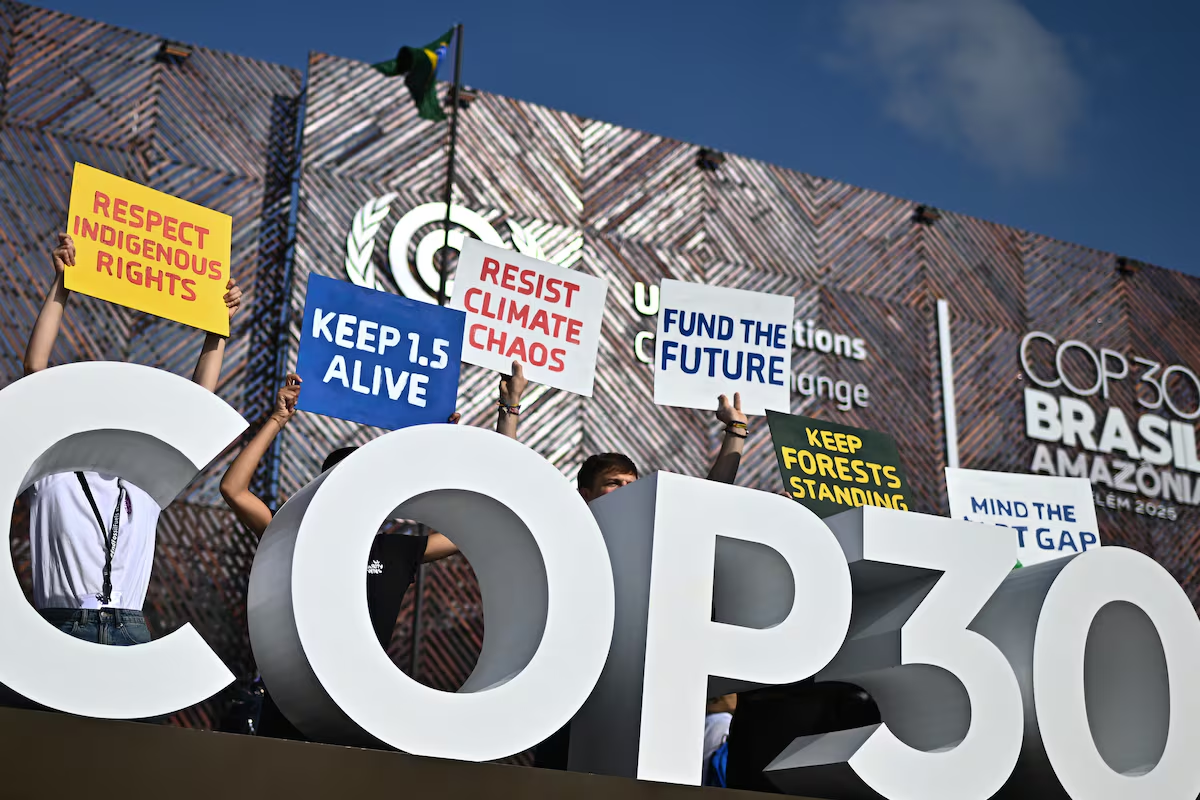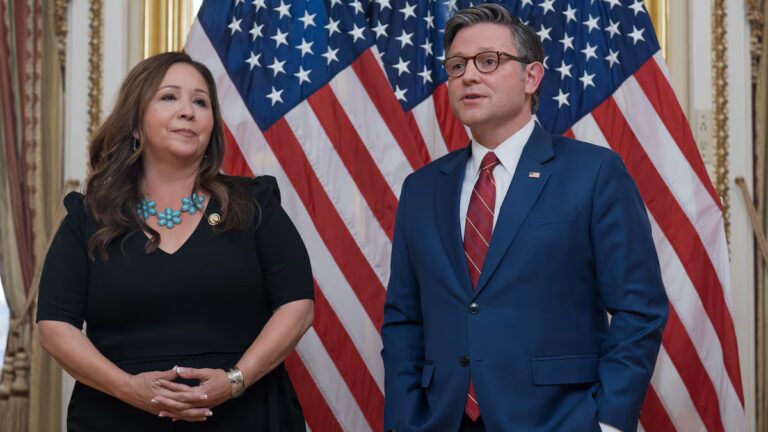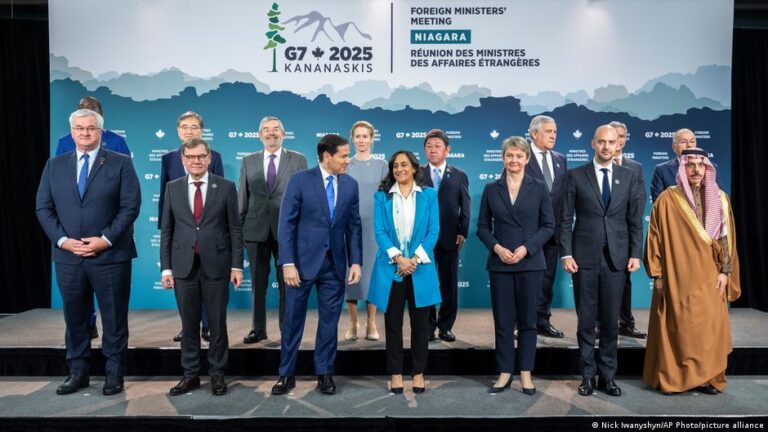
“Now is the time to inflict another defeat on the deniers,” Brazilian President Luiz Inacio Lula da Silva said at the opening of the COP30 climate change summit in the Amazonian city of Belem. In his intervention before the international conference’s plenary session, he directly addressed disinformation and social network algorithms that spread evidence contrary to scientific evidence at a time when climate change is affecting every corner of the globe. These thousands of countries are allied against the misinformation that is creating denialism and being installed in many centers of power, including Casablanca.
Brazil, Canada, Chile, Denmark, Finland, France, Germany, Spain, Sweden and Uruguay issued a declaration, also sponsored by the United Nations and UNESCO, expressing concern about the “increasing impact of disinformation, misinformation, denialism and other deliberate attacks on journalists, advocates, scientists, researchers and other public environmental voices and other tactics used to undermine the integrity of information about climate change.” It warned that such practices “reduce public understanding, delay urgent action, and weaken the global climate response and social stability.”
The signatories have pledged to fund projects to combat these practices, with Brazil contributing more than $1 million to the effort and pledging to “facilitate informed and comprehensive climate action” through “equitable access to accurate, coherent, evidence-based, and easy-to-understand information on climate change.” It also asks technology companies to “assess” whether their algorithm designs contribute to “undermining the integrity of the climate information ecosystem.” Furthermore, they appeal to the private sector in general to ensure “transparent and responsible advertising practices with human rights that strengthen the integrity of information on climate change and support reliable information and journalism.”
This declaration is open to more countries and is the result of the Global Initiative on Information Integrity on Climate Change. As a result of this project, a special fund was established in June to finance initiatives that received 447 proposals from around 100 countries. The Declaration of the Century calls on all countries to contribute to this fund. “Growing threats to information integrity are one of the defining challenges of our time, undermining the foundations of public debate and public trust, and impairing societies’ ability to build collective solutions,” the statement summarizes.
Just this time, ClientEarth, an organization focused on the use of law as a form of environmental warfare, released a report at the climate summit that follows the same lines as declarations signed by countries over the past decade. The study warns that “platforms are prioritizing, amplifying, and encouraging climate misinformation.” This means, for example, that they do not comply with “EU digital services law obligations.”
“Climate change misinformation is being used to undermine climate action,” ClientEarth also warned, noting that fossil fuel companies and their affiliates are using “sophisticated tactics to undermine decades of efforts to build consensus and drive action at international, national, and local levels.” They are joined by “other actors” who “simply seek to profit from the economy of anger.” “Climate misinformation and misinformation pose risks to the public who are suddenly faced with the effects of extreme weather events caused by or exacerbated by climate change,” the organization said. “In the long term, public trust and political will to take the urgently needed steps to prevent the worst impacts of climate change are eroding,” the study concludes.



